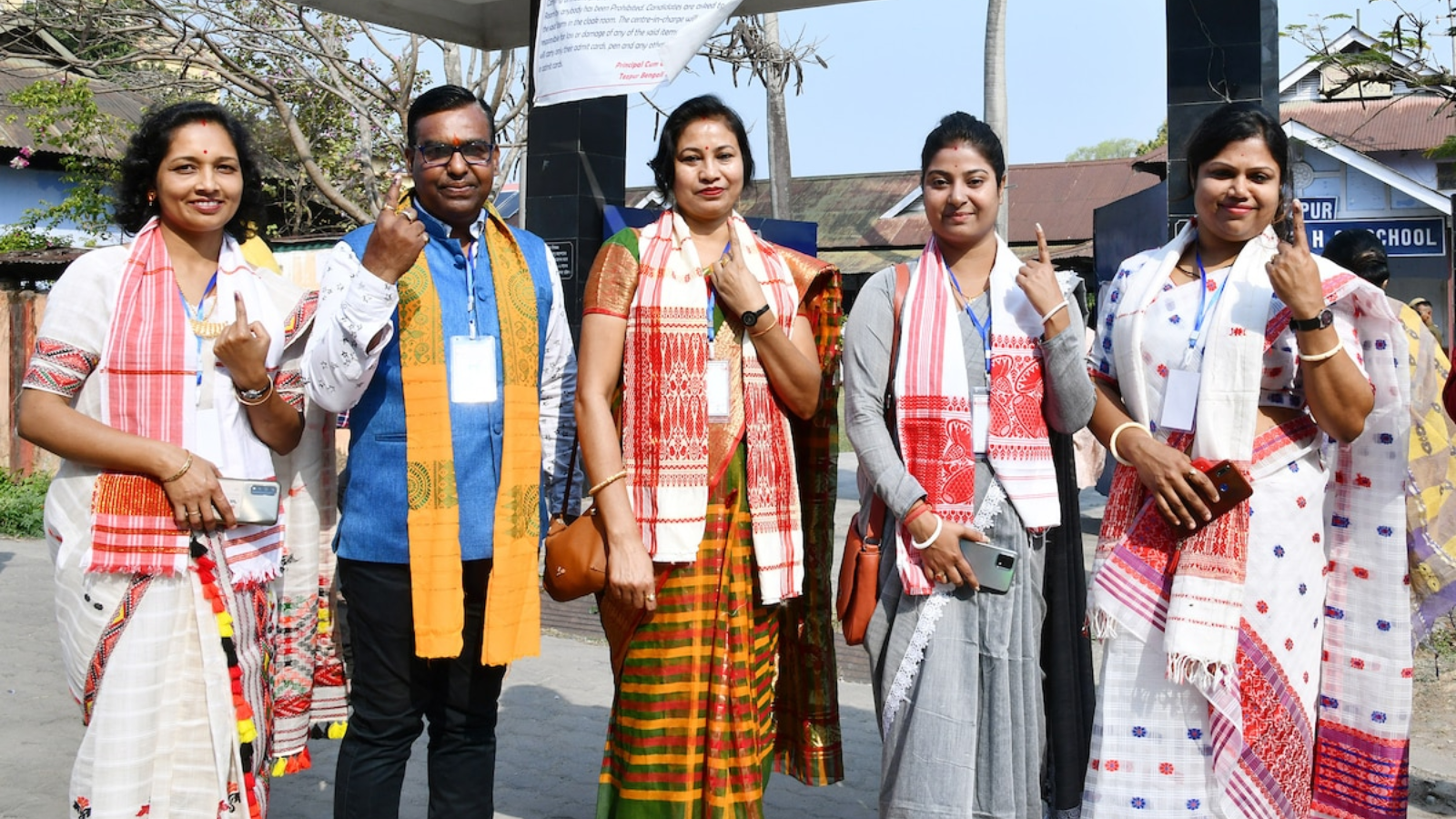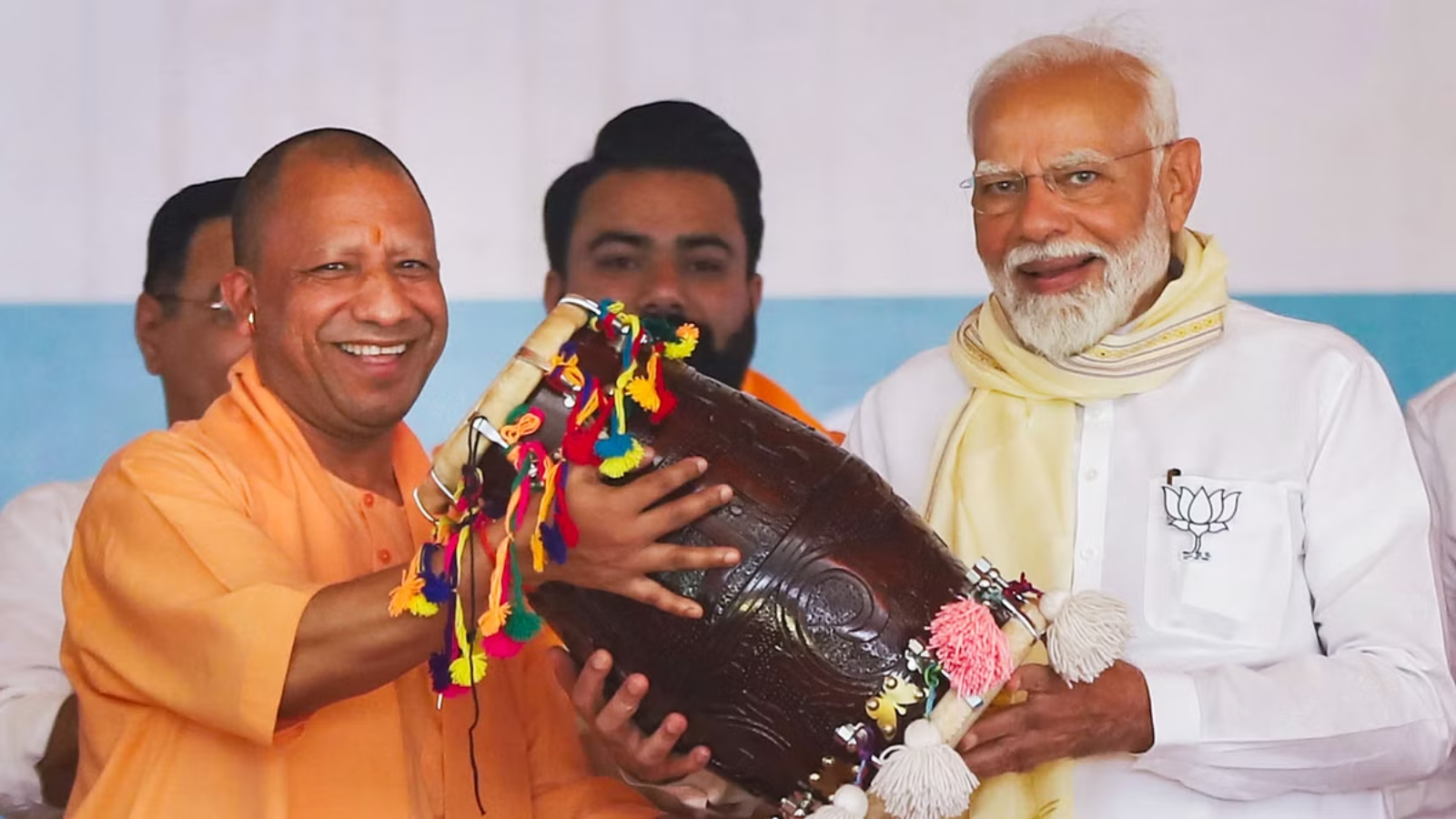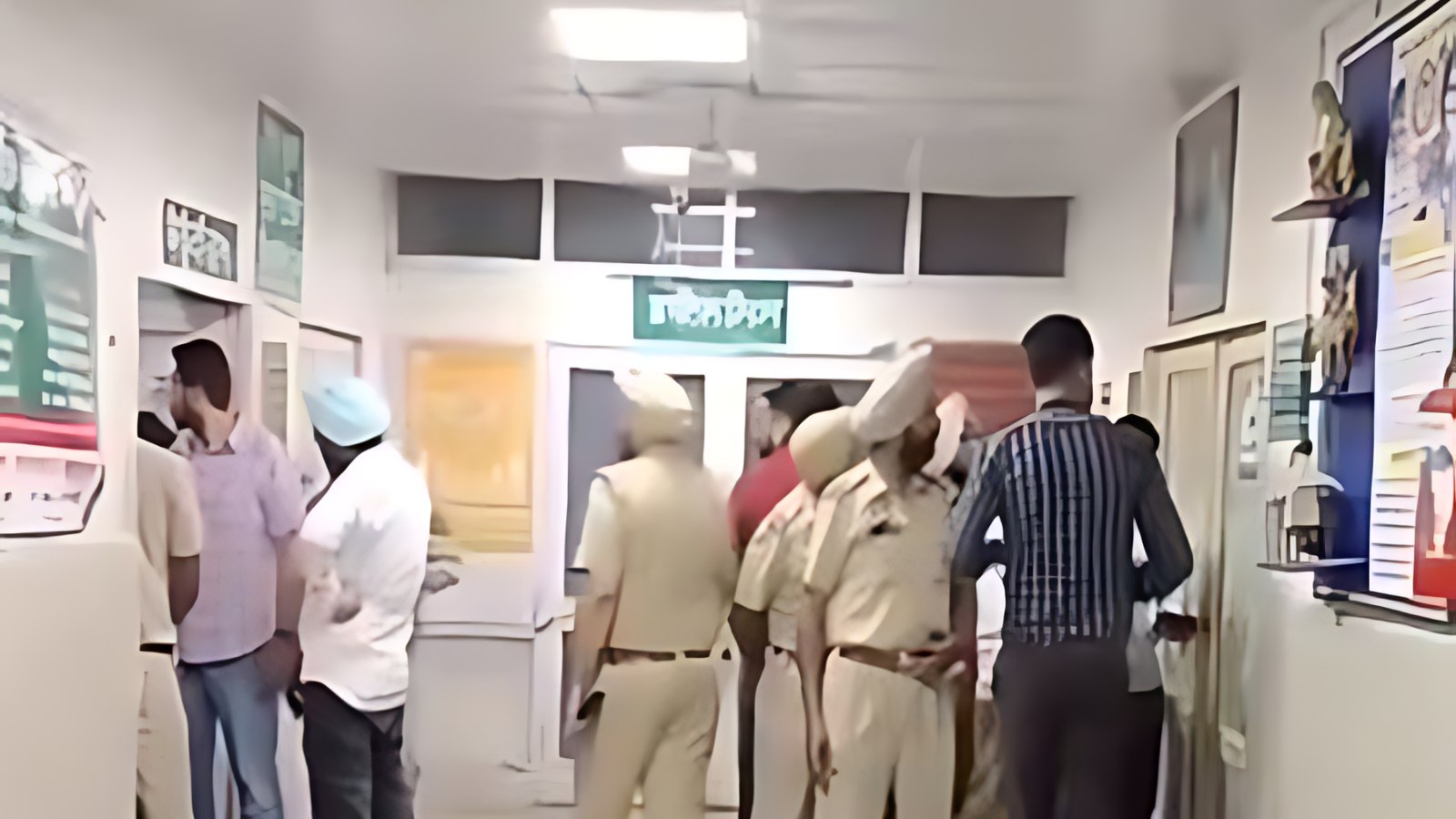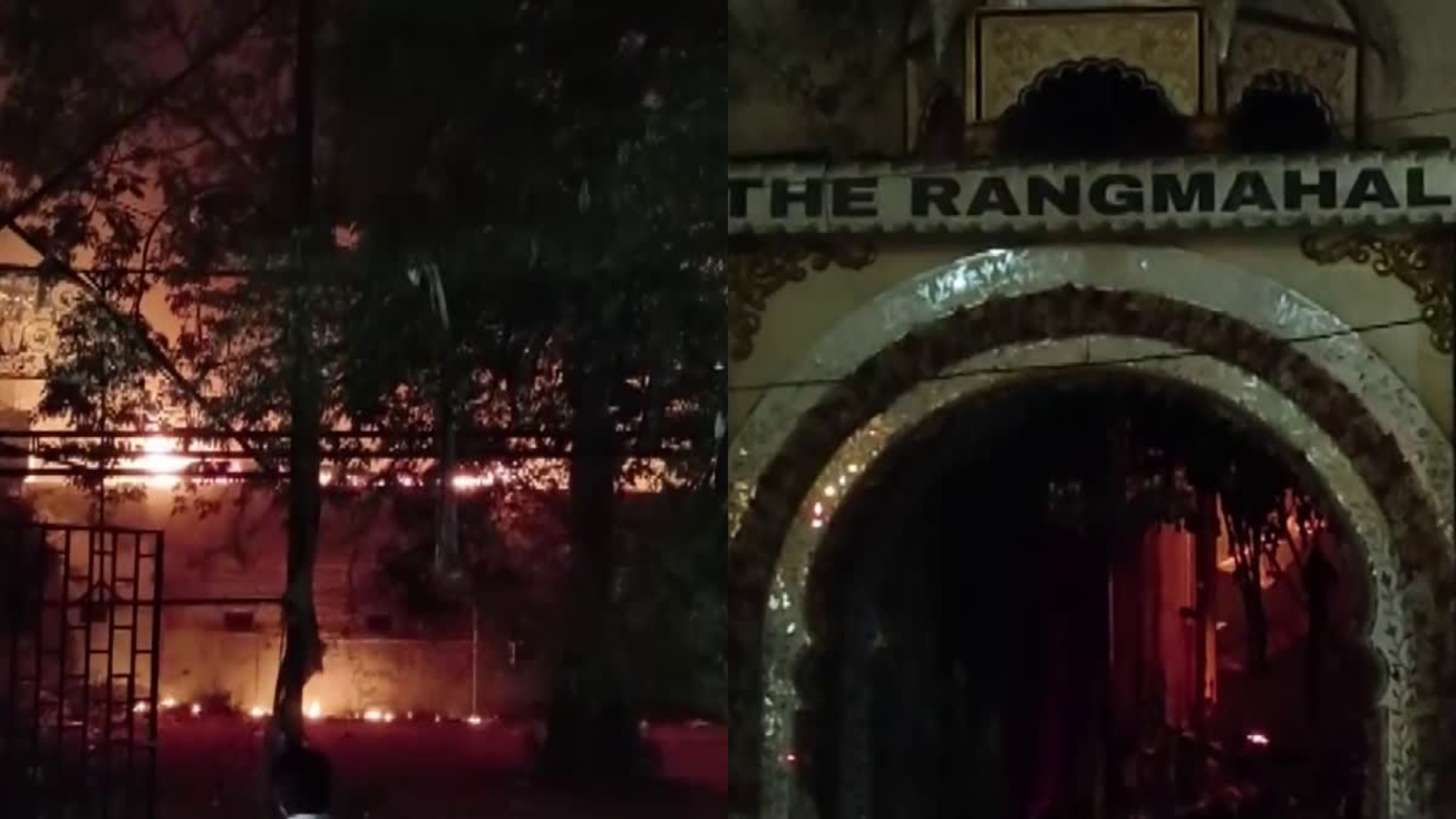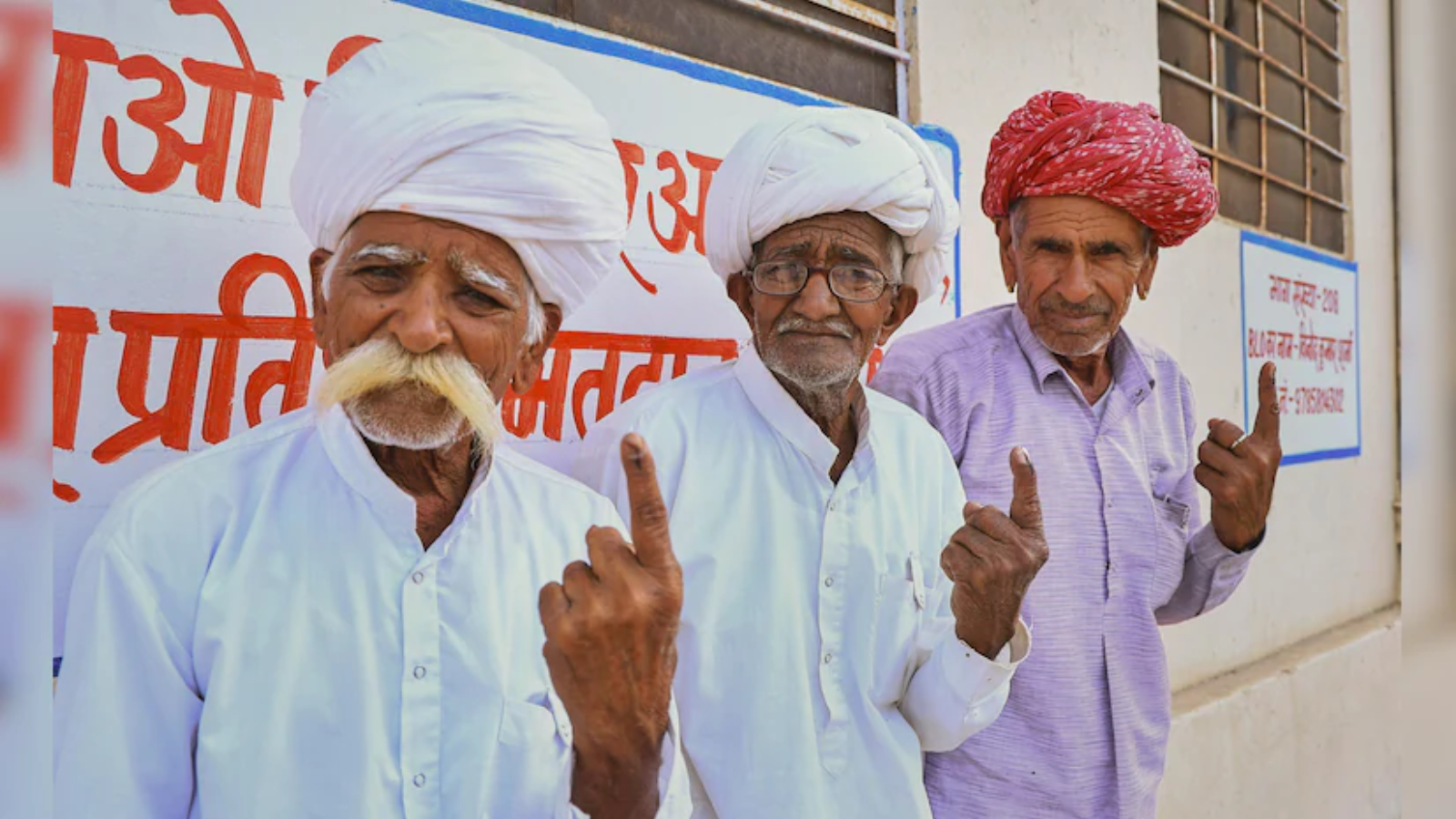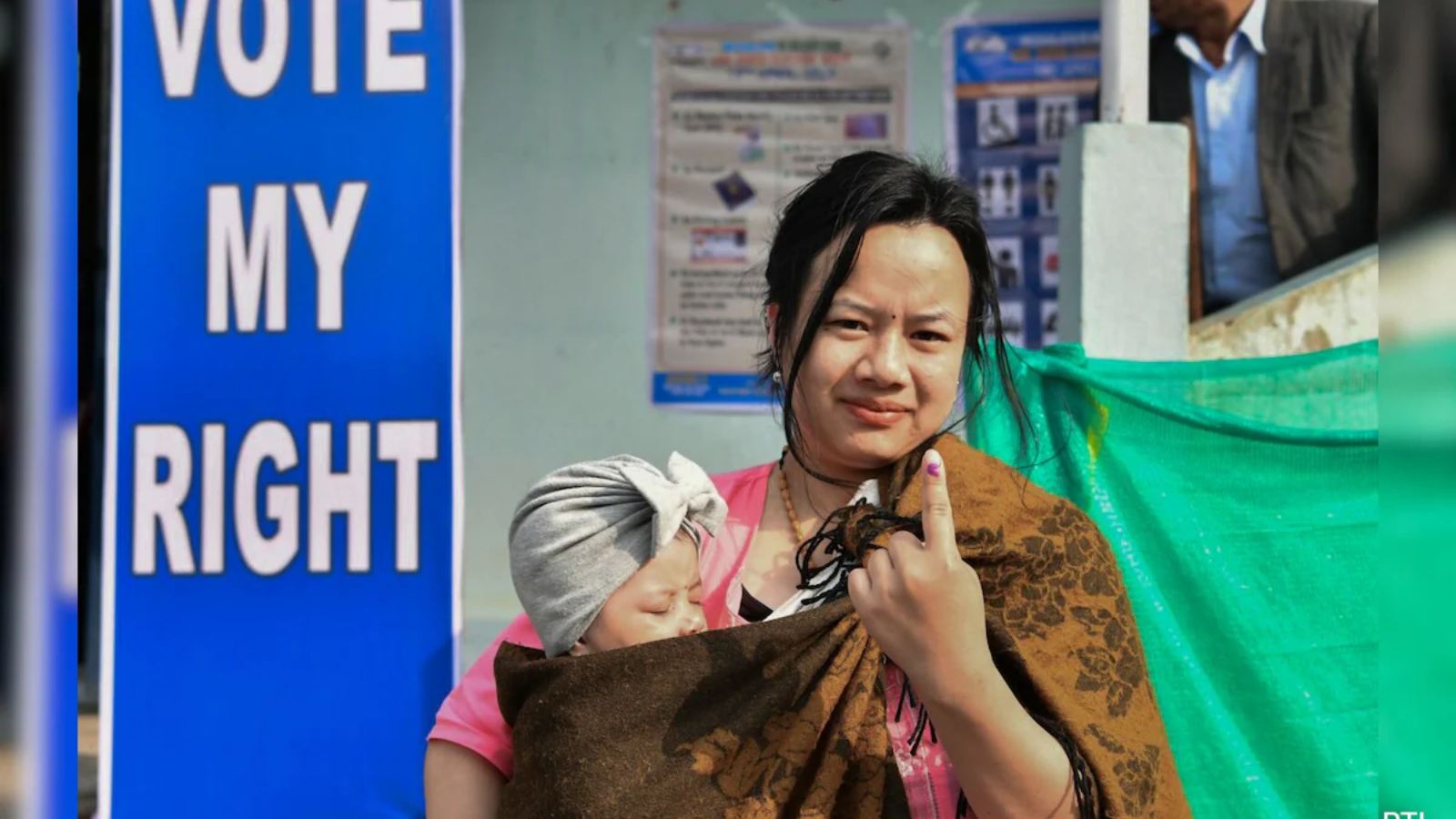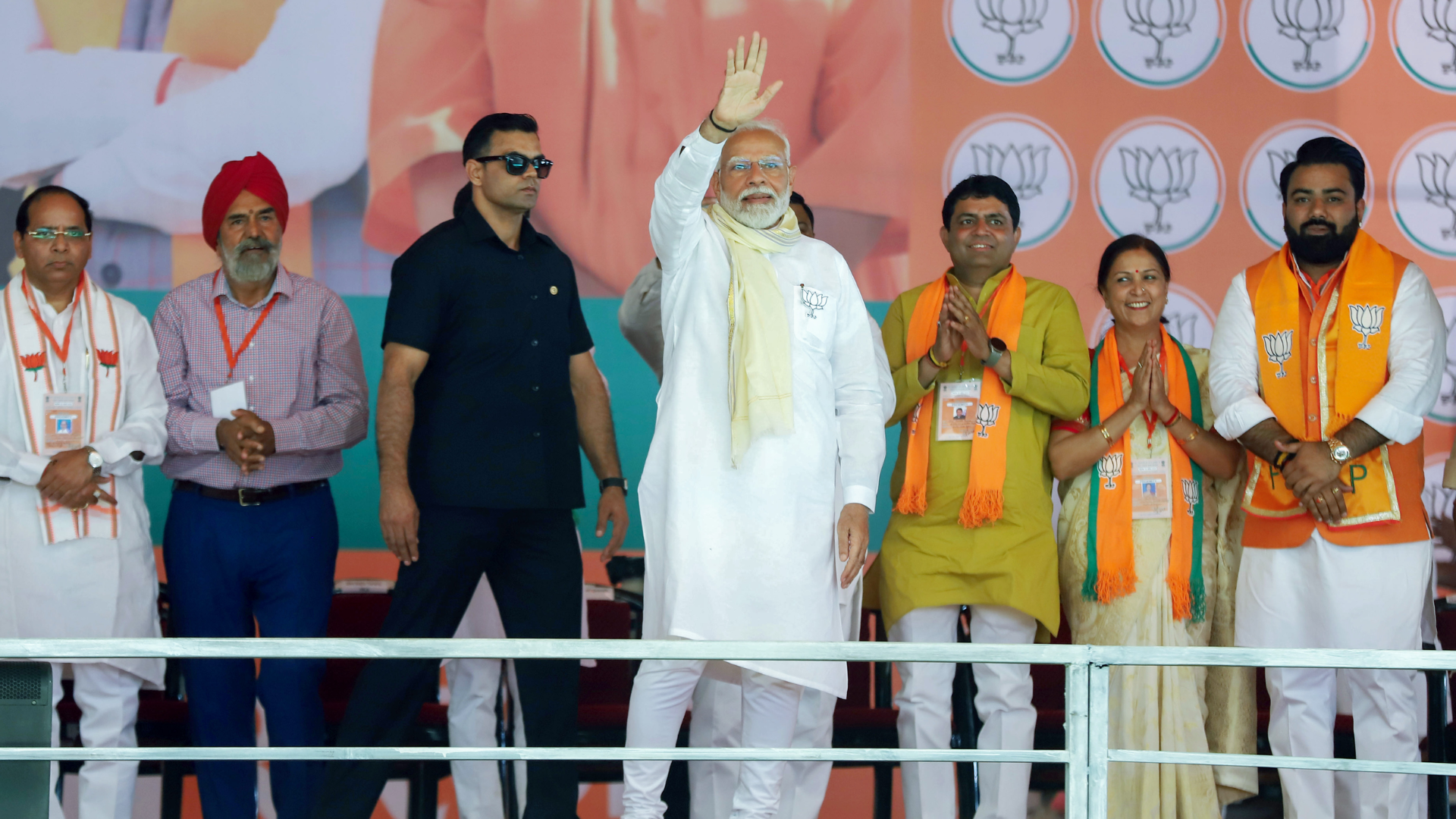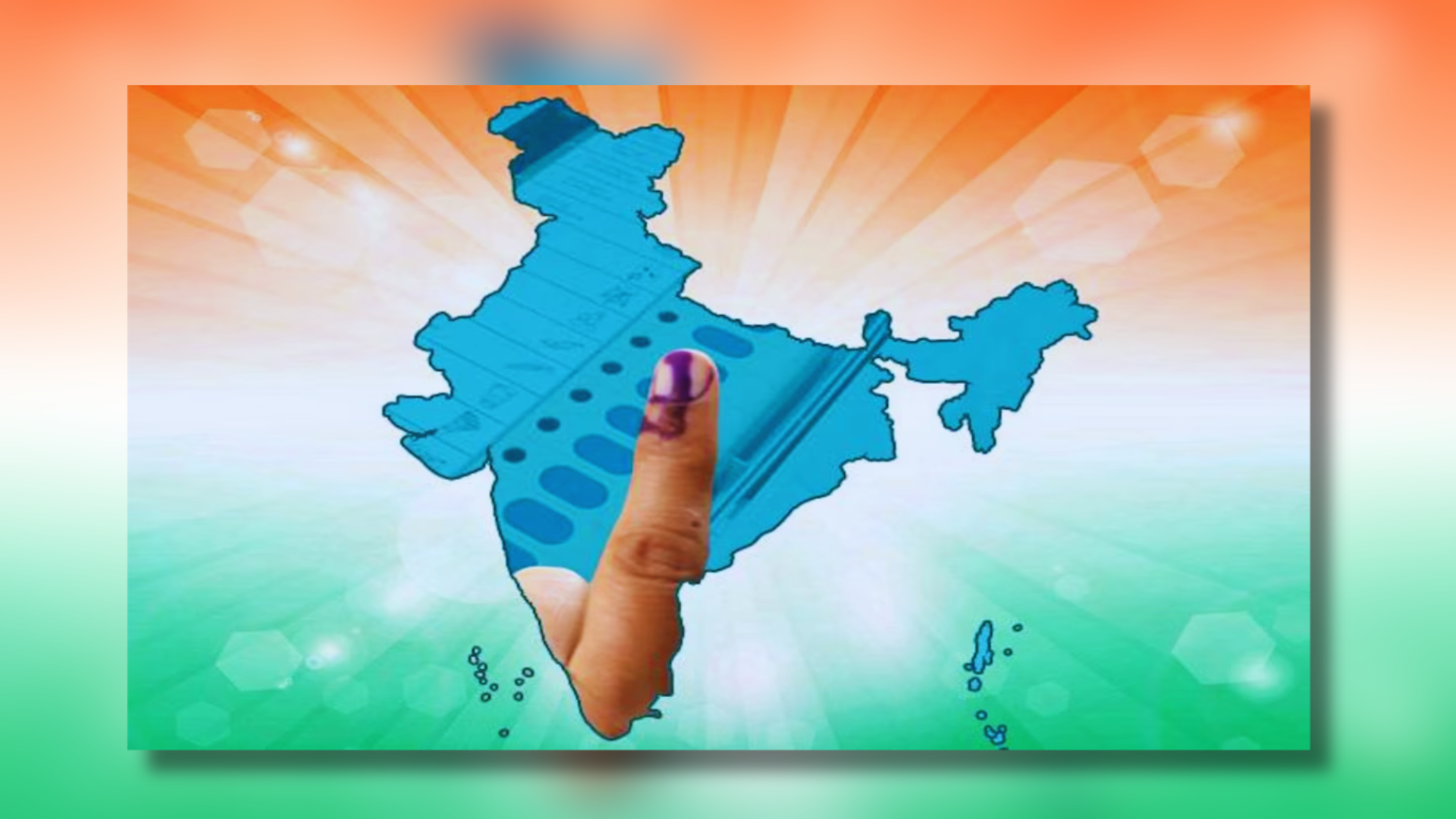



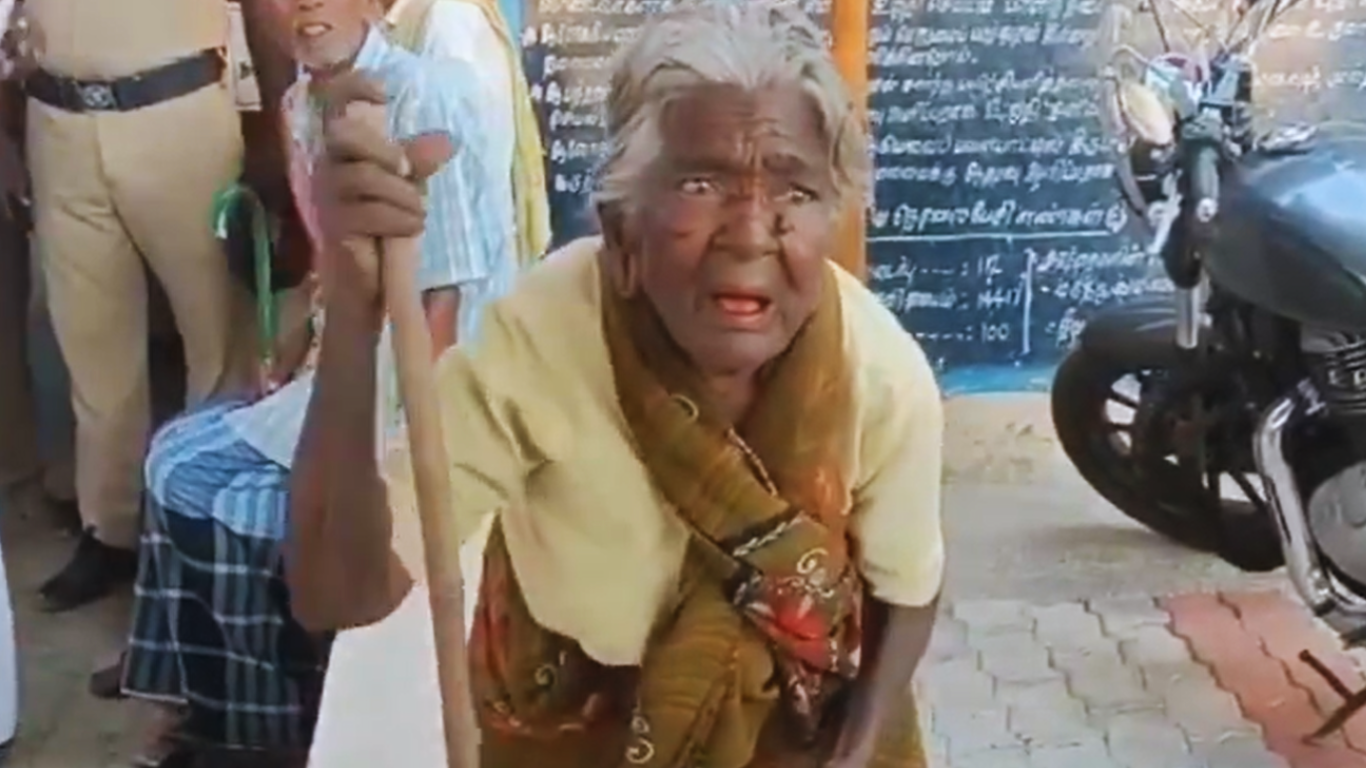




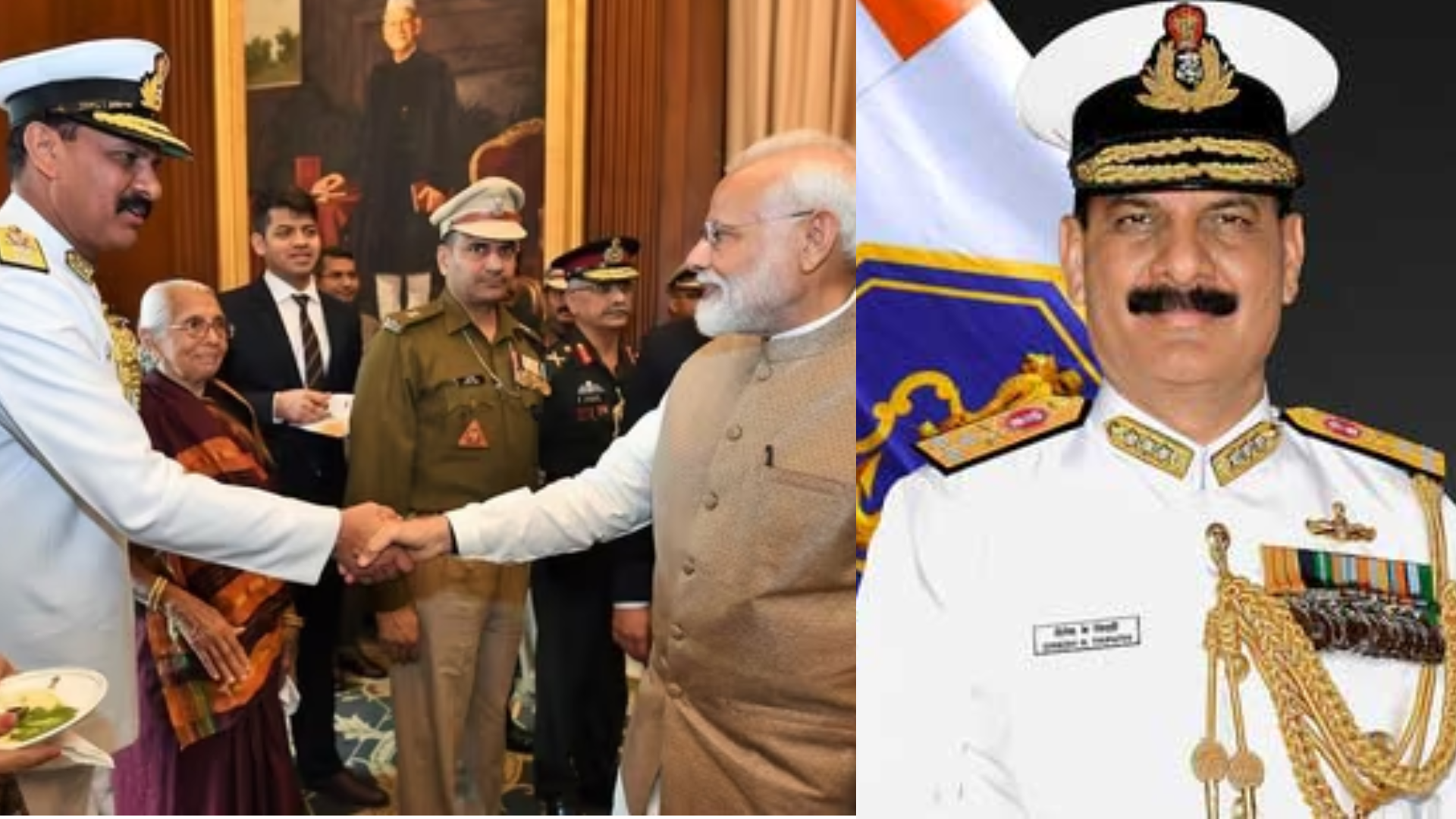

The murder of a tailor in Udaipur for endorsing now-suspended BJP spokesperson Nupur Sharma’s anti-Muslim comments has been strongly condemned by the Barelvi Ulema. The execution of the tailor, Kanhaiya Lal, by two villagers who were allegedly encouraged by extremist Barelvi Islam preachers of Pakistan-based Dawat-e-Islami prompted the Barelvi sect from Uttar Pradesh’s Bareilly to declare a fatwa, a non-binding legal opinion in Islam.
The Muslim organisation declared both of Kanhaiya Lal’s killers to be criminals in the eyes of the Sharia court in the fatwa it issued against them. The fatwa made reference to the writings of Aala Hazrat, also known as Ahmed Raza Khan Barelvi, a 19th-century Islamic thinker.
According to Maulana Shahabuddin Razvi, the national secretary-general of Barelvi Ulema, Aala Hazrat has decided that if someone kills someone while living under an Islamic government “without the consent of the emperor,” they are guilty of a crime under Sharia law and must face severe punishment. He continued by saying that under non-Islamic administrations, such assassinations would be considered illegal by local law, and the individual perpetrating the act would endanger his life.
Razvi emphasised that Tehreek-e-Labbaik Pakistan, a far-right Islamic extremist political organisation in the neighbouring country, was the original source of the cries for the execution of anyone who insult the Prophet in order to further their political ambitions. In a video where the two were bragging about the murder, Kanhaiya Lal’s assassins could be heard shouting, “Gustakhi e Nabi ki Ek Hi Saza, Sar Tan se Juda Sar Tan se Juda.” Three individuals, among them a cleric, were also detained by Rajasthan police in Ajmer for reportedly advocating beheadings as retaliation for the Prophet Mohammad’s insult.
Muslims should contact the government with their complaints rather than enforcing the law themselves, continued Razvi.

